
10 Must-Have Customer Service Skills in 2025
By Rasel Siddiqe
March 18, 2022
Last Modified: November 20, 2025
Customer service is the gateway that makes the final delivery of what your business promises to your customers. It’s not just about the product or service. It’s creating an experience that your customers are compelled to talk about. When put like that, it’s easy to see that customer service is a demanding job. As much as 84% of customers think experience is as important as the products themselves. So it’s not a surprise that it requires unique customer service skills.
We understand it can be confusing when learning about customer service and customer support. While there are clear differences, there are similarities as well, especially in the day-to-day prospects of the job. So the customer service skills we’re going to talk about are just as good for customer support jobs.
So let’s get to it!
Customer Service Skills: Categories
To dive into specific customer service skills we first have to be familiar with the categories of skills needed inside a business. We’ll firstly look at the categories and skills that fall under them. Then we can get to the best way you can acquire them. So, we have 5 categories,
Craft experiences your customers love!
Customer support can be the defining part of your experience. Make sure it’s always on point!
Communication
Communication is the most important of the skills required for customer service. This one’s a no-brainer, to be honest. Customer service is all about communicating with customers. It’s crucial for both understanding a customer’s needs and fulfilling them.
While communication skills refer to a broad spectrum of small interconnected skills, not all of them are equally important. Here we cover two skills that are most relevant for customer service jobs.
Empathy and EQ
Empathy is the ability to put yourself in the shoes of another person. It’s perhaps the best ability to understand a customer’s perspective and show them that you care. The emotional quotient is a good measure of an individual’s capabilities for empathy.
Being an empath means you can relate better with a customer, giving you headroom to process a customer’s pain points. Since customer service is all about the experience, empathy makes it easier to deliver it.
The emotional quotient (EQ) is similar in this regard. Showing emotional sensitivity conveys to customers that you are invested in their cause. Making it easier for them to communicate their needs.
Learning empathy— Empathy is not a sort of skill that you can learn in a day, but it can be mastered. The best way to empathize is to associate your own experience when looking at a customer’s case. If you’ve faced similar situations it might be easy to relate. If that’s not the case you can always compare your own feelings towards a similar problem, and use that as a reference.
Use of Positive Language
Language is everything. While communicating it’s important to keep things as light and friendly as possible. Your customer needs to feel welcome when they look for help. No better way to do that than speaking with a positive tone. Using too many negatives in a conversation can be perceived as reluctance and sometimes negligence. These are the last things you’d want your customer to feel interacting with you.
Most importantly, using positive language enforces the fact that you have a positive outlook toward the interaction. This not only makes a good impression it also sets the stage for your customers to feel comfortable saying what they need to say.
Learning Positive Language— You might’ve already come across an easy and effective method to use positive language on social media. If you haven’t, we’ll break down an example. The idea goes like if you’re late to respond to a customer message, instead of apologizing for the delay, say “Thank you for your patience”. While this is a crude example it carries the idea very well.
When you apologize you are essentially focusing on your actions and not taking into account what the customer has to say. On the other hand, if you thank them for their patience, you not only acknowledge that they have waited, you give them positive feedback based on it.
See the trick here isn’t making all negative sentences into assertive ones. It’s about finding the positives in a conversation and choosing the language that highlights that. Even if this sounds trivial, it has the potential to improve service quality to the point it drives 5-8% higher revenue.
Management
Next, we’ll talk about the management skills needed for customer service agents. As part of a business, it’s crucial to have the ability to both manage by yourself and communicate with the managerial bodies.
While being a good service agent helps on the customer’s end, having managerial competencies makes it good for the internal structure of the business. These skills help you play your role better in the wider context. The most crucial skills that fall under management are,
Be Aware of your Team’s Goals
Service is always a team effort. You have to stay in the loop with most or all parts of a business. It’s imperative to have a clear notion of what your business expects from the service team and how your team plans to execute it. While some teams might go for a compartmentalized approach, others might have a holistic approach to service strategy.
The only way you can stay in sync with your team is to understand why they are doing things the way they are. Only by understanding these goals, can you suggest improvements, execute with confidence and bring reliable outcomes.
Time Management
Time management is important in every job, but more so in customer service. Mostly because time is the limiting factor for both quality and quantity of outcomes. It’s pretty obvious to measure too.
The faster you deliver the intended experience the faster you can move on to the next customer. It’s important to keep in mind that not all interactions require an equal amount of time or effort. Factoring this into allocating time for queries is vital.
Learning time management— There are tons of resources on time management. It’s needed at every point so it’s wise to invest in developing it. As for specific time management skills for customer service, you should look to utilize some form of time tracking tools, fix an adherable timeframe and prioritize breaks just as in other parts of your job. Lastly, investing in learning the key recurring themes of customer queries can help save a lot of time.
Offer the best support your customers have ever seen! Respond 4x faster than your average SaaS.
Technical
Technical skills are essential to even begin a job as a customer service agent. But what’s the most important of them all? Well, the answers vary across businesses so it’s better to address them in general terms.
Mastery of the Product
As a customer service agent, you need to have good knowledge of the products/services your business offers. You can’t expect to offer solutions without it. Customers can have all sorts of questions and it’s crucial that none of them (in an ideal world) come as a surprise to you. If that’s not achievable, you should be able to direct customers to where they might find solutions at the very least. According to Microsoft’s 2017 Global Customer Service report, as many as 30% of customers think fast solutions are essential for a good customer experience.
Learning products— The first way to learn about products is to go through the documentation your company offers. That’s a start. To develop further knowledge you need to stay in touch with your product development team. Knowing the intended use of a product can give you a clearer context to face customer queries.
Aside from that, you could also look at how your competitor’s offering service-wise to enable their products/services. You might just find better reference points for what your customers might expect from your offerings.
Soft skills
Soft skills are a basic set of skills involving business technologies and processes. As a service agent, you’ll make use of a variety of tools/technologies. Whether it be to document cases or report feedback, working in a service team calls for using some complicated tools. While you can’t possibly learn all of them beforehand, it’s still important that you’re willing to learn them when the demand arises.
Learning Soft Skills— Soft skills are by far the easiest to learn. However, the most effective lessons come from having to use these specific skills in a practical setting. For instance, being good with Google applications or Project management software (i.e. Trello, Jira) can help with every aspect of the job.
Similarly, in IT-related businesses, having a basic understanding of programming languages can be a huge plus. Not only does it make you more efficient but gives you additional context to approach a problem.
Problem-solving
As a customer service agent, it’s all about solving problems, even if you don’t come up with them by yourself. Sometimes it’s enough to direct the problem-solving process for the customer. You also need to properly understand the solutions your business offers.
It’s not enough to just offer a solution. It’s about creating a narrative for people who are looking for a solution. As a service agent, you’re supposed to push this narrative the hardest. The easier you make for your customers to connect with the narrative the richer their experience becomes.
Great Comprehensive Skills
A good way to achieve this is to develop comprehensive skills. While this does qualify as communication skills, it offers other benefits besides smooth interfacing with customers. Comprehension is less about what is being said and more about what isn’t. What it really means is the ability to extrapolate information from a given interaction. The easier it is for you to connect the dots the faster you can provide service.
Learning comprehension— The best way to improve comprehension is to study a similar topic in multiple formats. If you’ve read an ebook on something, go check out a video on Youtube about it too. While you might not get whole new insights (Although, YouTube content is very in-depth for most technical topics) you’ll get a fresh perspective. This is crucial to developing on-the-fly comprehension of virtually anything.
Make decisions based on data
Fast decision-making is essential when facing customers. But it’s just as important to base these decisions on reliable data. As a rule of thumb, you should try to consider all relevant data points before you make a decision.
For instance, when prioritizing waiting customers it’s good to add priority based on a customer’s waiting time. The customer waiting for the longest should be your first obligation. Now that’s one data point. But what if you have repeat customers? That is if someone you just finished with is back within a short period of time. Now you have to consider them a higher priority. It’s logical to do that because the case is probably that your previous solution didn’t work out, hence they are looking for a follow-up.
Personal development
This one is a kind of bonus section because you’ll probably do without having them. However, putting in the time to develop on a personal level isn’t just good for the business but it’s also essential for an individual. In the context of personal development, you can start by focusing on,
Patience
Whether it’s a customer call, a bunch of tickets, or a casual chat, patience is a useful virtue to have. It’s obvious that not all your customers are on the same level of understanding. Some might educate you while others might need you to educate them. It’s important to have patience on both occasions.
Learning patience— While there is no clear way that works 100% but developing good listening ability is a great place to start. Aside from that, you can exercise mindfulness of your surroundings and tolerance towards unpleasant elements in it.
Adaptability
The last skill that we’d like to talk about today is adaptability. This is crucial to perform well in a team setting. Goals and policies change constantly for service teams and it’s essential to keep up with this. Along with that, your methods for communicating or carrying out certain actions may not fit with every customer. So it’s better to assess what type of customer you’re dealing with and adjust accordingly.
Learning Adaptability—Best way to learn adaptability is to study people around you. Find out what they are doing and evaluate the outcomes they generate. This way you can develop more facets for your overall personality to adapt in different situations. Apart from that, the most important thing is to keep an open mind about experiments. It’s good because you make mistakes that you can learn from which contributes to your versatility.
Wrapping Up
Customer service skills is actually a very broad topic worth tons of books and courses. What we tried to do is help you think and analyze these skills with an objective viewpoint. Each skill we talked about contributes heavily on multiple fronts. Better service means satisfied customers. Satisfied customers mean a flourishing business. A flourishing business means a happier team. A happier team means even better and consistent service.
By developing the skills we talked about you contribute to every step of this loop and that is probably the most concrete reason to invest in these skills. So what are you waiting for?
Until next time, happy serving!
Start off with a powerful ticketing system that delivers smooth collaboration right out of the box.





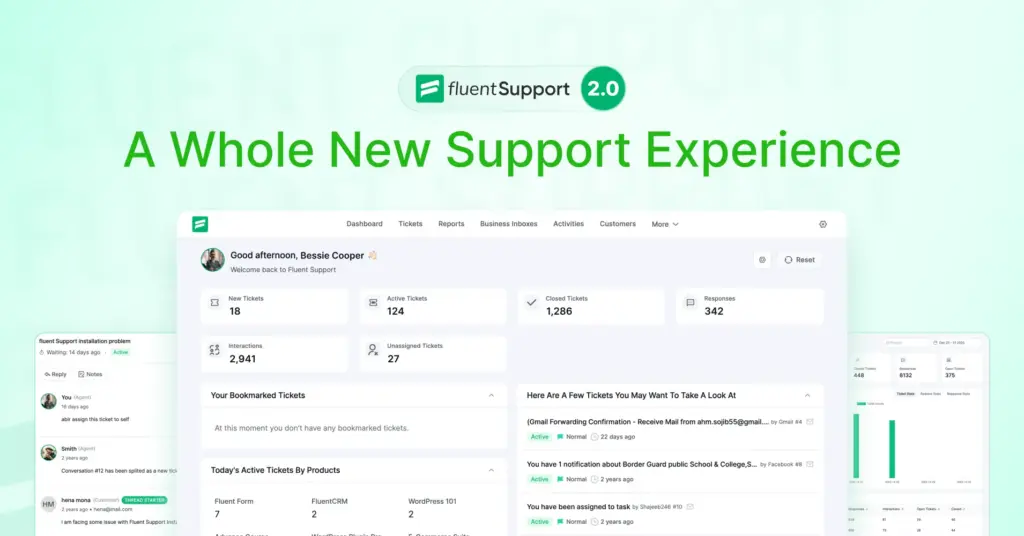

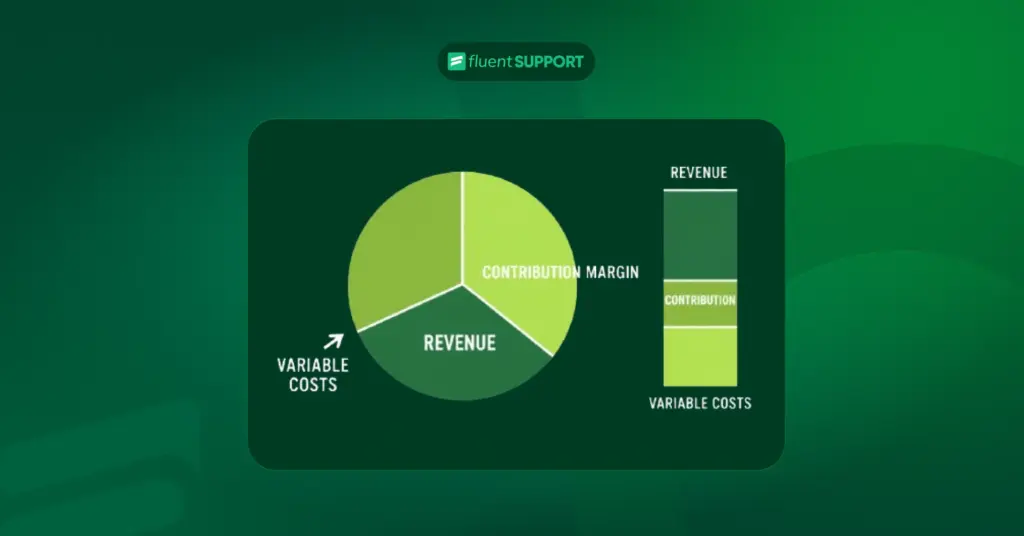
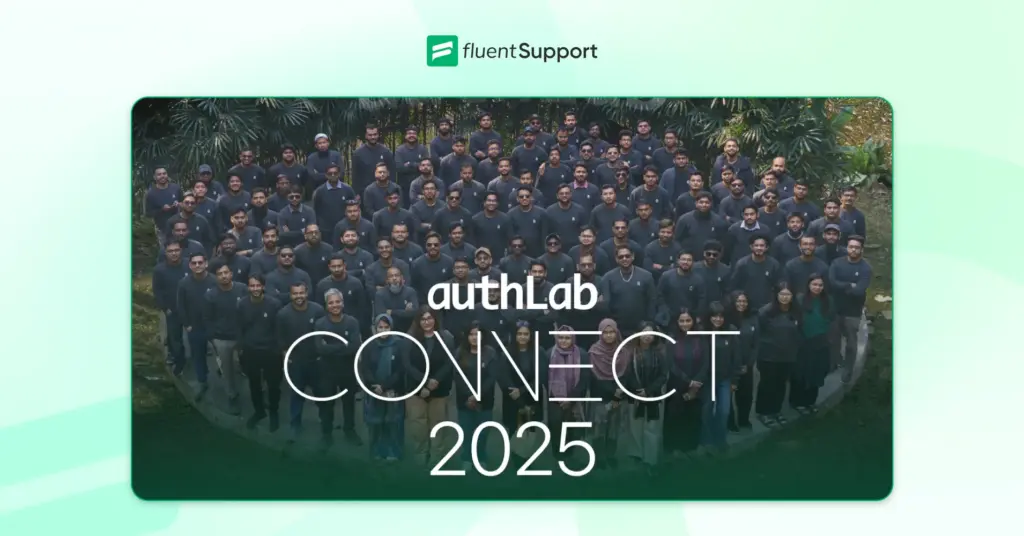
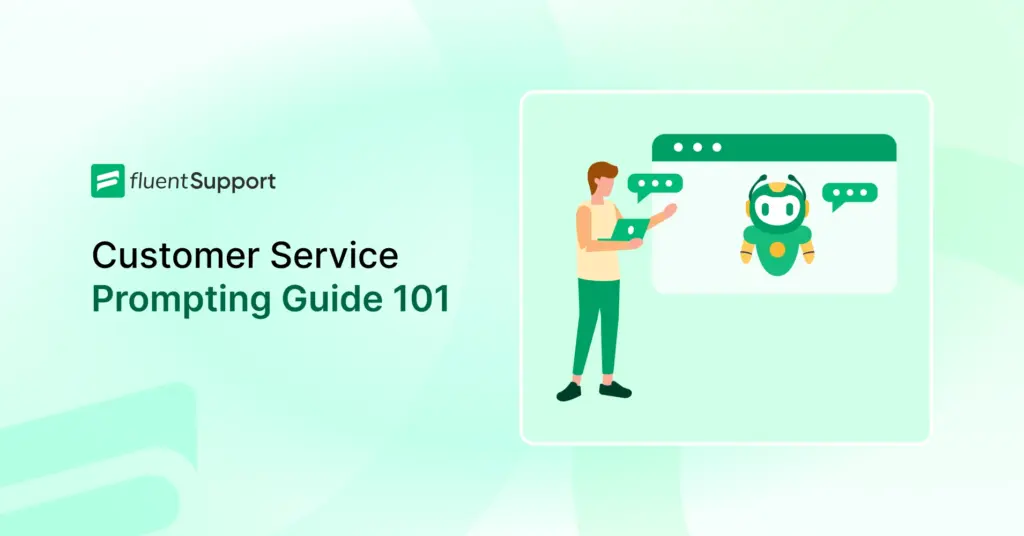
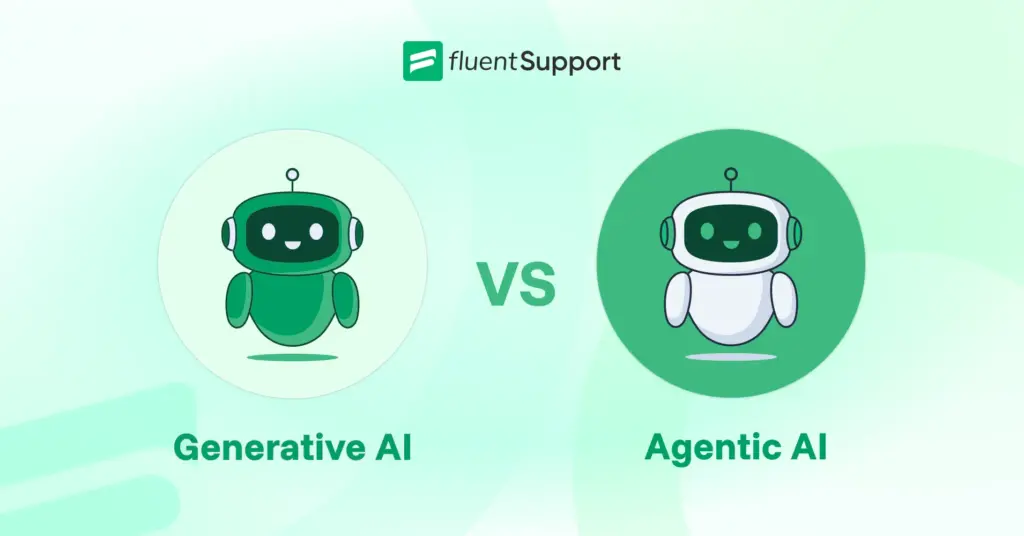

Leave a Reply